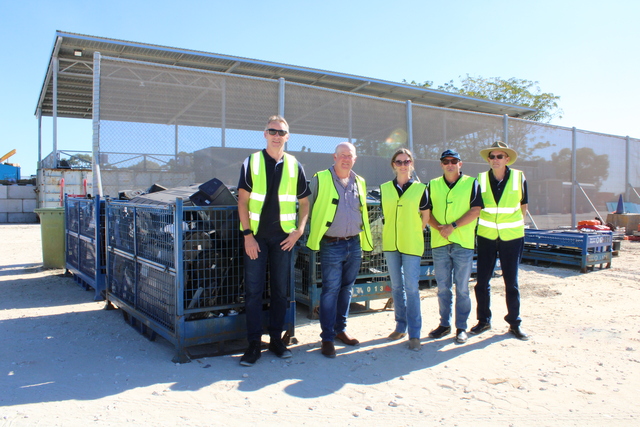Victorian Minister for Local Government, Richard Wynne, said that instances of narrow self interest can have the potential to drive communities into decline.
Speaking at the recent Municipal Association of Victoria’s Annual Conference he said that finding ways to enhance the lives of all citizens is the key challenge facing elected representatives no matter which sphere of government they serve in.
“We need new ways of thinking and working together in a rapidly changing environment,” the Minister said. “The new State/Local Government agreement that you will be voting on tomorrow promotes a culture of continued improvement and finding new ways to get better outcomes for our communities.”
He said with all Victorian Council elections coming into line for the first time in some years in November next year, a Councillor Toolkit is being prepared for those who will be standing and those thinking about standing. He said the toolkit will provide information on the support that is available for Councillors as they carry out their role. A panel is currently preparing a report on what information should be included in the kit.
“On reforming Council business practices, there will not be a return to the straitjacketing that resulted from Compulsory Competitive Tendering, but there are areas where improvements can be made through better procurement practices, regulatory reform and more shared services,” Richard Wynne said. “If we can get the procurement process right there would be large savings for Councils that could then be used in other areas. There is a huge potential buying power that could be harnessed statewide and also the potential to look wider at a single east coast approach.”
He said that Councils are taking the opportunity to build their local leadership role in an era when all elected people are being asked to step up.
Keynote speaker Robin Hambleton is Professor of City Leadership at the University of West England in Bristol. He said that improved collaboration between Councillors and Council officers is vital for leading localities and working in partnership with other key players. He posed two extreme scenarios. The first he called the ‘disaster scenario’ – of divided unequal cities with people living isolated lives in gated communities. The second he called ‘optimistic’ with vibrant, multicultural communities where people are valued and economic prosperity is shared.
“New leadership is required to avoid the disaster scenario,” Professor Hambleton said. “Leadership must anticipate future events. Just managing the present is no longer good enough.”
He said that Local Government must move to local governance, which means working with other key players from the private and public sectors, voluntary sector, community groups, educational institutions and the like.
“Leadership should not be about having power over others but rather the power to achieve things through facilitative leadership that enables localities to achieve common goals,” he said. “It is about listening but also to do things beyond listening, to sometimes take risks and be prepared to bring the public on side later on.”







